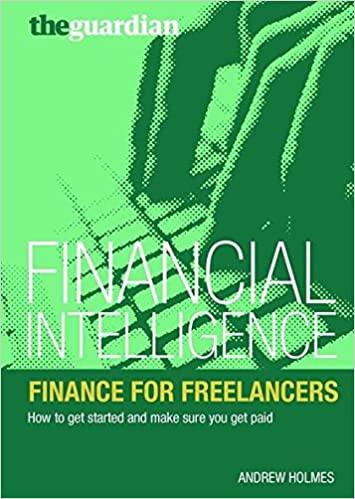Question
1. An investment in a real estate venture will provide after tax cash flows for the next five years as follows: year 1, $7,500; year
1. An investment in a real estate venture will provide after tax cash flows for the next five years as follows: year 1, $7,500; year 2, $10,000; year 3, $11,000; year 4, $13,500, and year 5, $415,000. An investor would like to earn an annual return of 13%. What is the most the investor should pay for this investment?
2. Suppose you deposit $2,000 at the end of year one, nothing at the end of year two, $800 at the end of year three, and $1,200 at the end of year 4. Assume these amounts will be compounded at an annual rate of 8%. How much will you have on deposit at the end of five years?
3. A lender makes a loan for $200,000. The term of the loan is 15 years with monthly payments of $1,797.66. What is the interest rate on the loan?
4. A mortgage loan is made for $225,000. The term of the loan is 30 year with monthly payments. The interest rate is 5%. What is the monthly payment? What would the loan balance be after 10 years?
5. A couple purchases a home for $300,000. In order to finance this purchase, they secure an 80% LTV ratio loan for thirty years. They choose a loan with a 5% interest rate and 6 points with monthly payments. What is the effective interest cost of this loan assuming it is held to maturity?
Step by Step Solution
There are 3 Steps involved in it
Step: 1

Get Instant Access to Expert-Tailored Solutions
See step-by-step solutions with expert insights and AI powered tools for academic success
Step: 2

Step: 3

Ace Your Homework with AI
Get the answers you need in no time with our AI-driven, step-by-step assistance
Get Started


